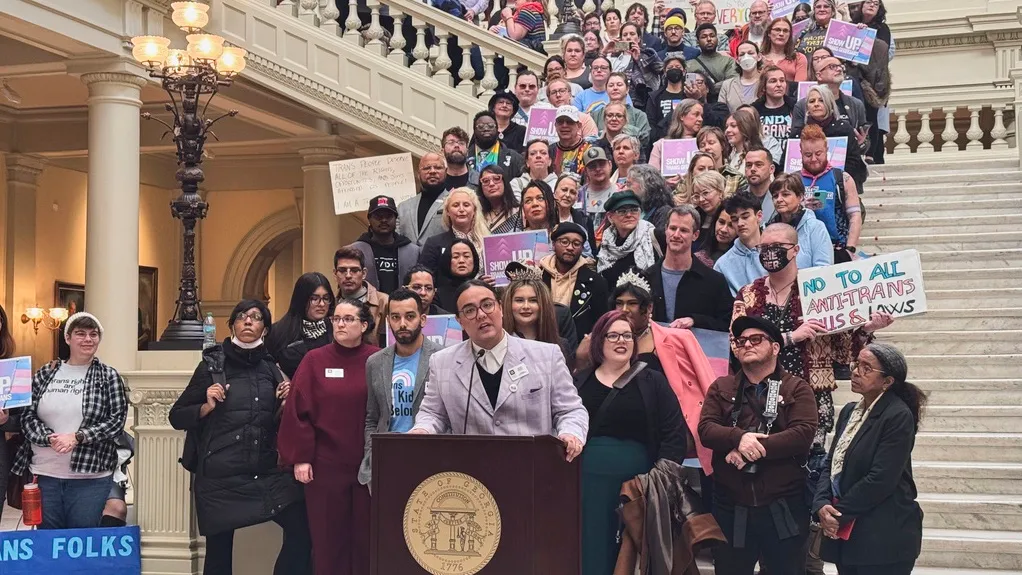January 23, 2014
Kidogo Cases Lift Tanzanian Women From Poverty
Winnie McCroy READ TIME: 3 MIN.
Kidogo Kidogo means "little by little" in Swahili. And for sisters Kim and Kim Waeber, who founded the cell phone case company by that name, this is just how they are working to change the world. The women sell colorful iPhone cases so that they can afford to donate phones to women in Tanzania, changing their worlds drastically.
"In Tanzania mobile banking is extremely common, and a phone provides women a way to make secure banking transactions," said Kristen Waeber. "Mobile phones are also used monitor consumer markets and receive health reminders and updates. Women with mobile phones also report a much higher feeling of personal safety than those without."
Currently, only 36 percent of women own mobile phones, and the number one reason preventing them from ownership is the initial cost of a mobile handset. Mobile phones in Tanzania are prepaid; owners can buy credits at bodegas and other small stores around the county.
So when you buy a case, they buy a phone (or phone credits) for a woman who could not otherwise afford it. The phones are then distributed to women through established non-profit partners already working in Tanzania. Kidogo Kidogo has partnered with FINCA, a global charitable microfinance organization, whose mission is to provide financial services to the world's lowest-income entrepreneurs so they can create jobs, build assets and improve their standard of living.
They have also partnered with an environmental NGO in Tanzania, Sea Sense. A portion of the proceeds from the sales of the sea turtle case will be distributed to Sea Sense who works closely with coastal communities in Tanzania to conserve and protect endangered marine species.
"These phones are also much more to these women than just a way to communicate with family and friends, although they do enjoy this as well," said Waeber. "A mobile phone is a flashlight, a watch, a calculator, a camera and a radio," and for women running businesses to support their families, a phone can literally be a lifeline.
That was the case for Moshi, a Tanzanian mother of six, with all of her kids currently in either primary or secondary school. Both she and her husband are farmers; Moshi's spinach plot is strategically located near a bus stand for easy access to distribution for her crops.
Kidogo Kidogo provided Moshi with a phone to replace her previous one, which had a busted battery, and say that, "Looking at her new phone now as a tool for business, Moshi is so excited about the possibilities."
Food vendor Tabia has a similar story, except that she is a widow who provides the only income for her seven children to live on. Three months ago her mother passed away in another region of Tanzania. Upon going to Mtwara she found that much of her family were in even worse financial shape than she was.
Knowing it would be easier for her to borrow a phone than it would be for her relatives to get one in Mtwara, Tabia left her mobile phone there for her relatives. Waeber said, "Receiving a phone meant the world to her. It meant reconnecting to her family and giving her back a tool she knew was so valuable that by leaving it behind she would be helping her family."
This company merges consumer needs with social change in a unique and sustainable way. The iPhone cases feature some of Tanzania's most iconic wildlife, designed by esteemed Tanzanian-based artist, Sarah Markes. They are priced to retail at $30 each. There are five iPhone 5/5s case designs and two iPhone 4/4s case designs.
"At Kidogo Kidogo, we sell iPhone cases," said Waeber. "But these cases do a lot more than just look good and protect your phone -- they are putting life changing mobile technology into the hands of women across Tanzania."
For more information or to buy an iPhone case, visit www.kidogokidogo.com
Winnie McCroy is the Women on the EDGE Editor, HIV/Health Editor, and Assistant Entertainment Editor for EDGE Media Network, handling all women's news, HIV health stories and theater reviews throughout the U.S. She has contributed to other publications, including The Village Voice, Gay City News, Chelsea Now and The Advocate, and lives in Brooklyn, New York.


